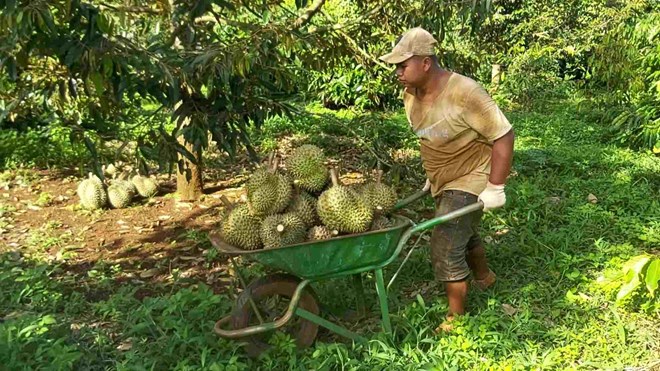
Be careful when trading
Krong Pak District, Dak Lak Province is the durian capital of the country with nearly 7,200 hectares of durian, of which more than 4,000 hectares are for business. On average, the district's annual revenue from durian reaches more than 5,000 billion VND. In the 2024 crop year, the district is expected to reach more than 80,000 tons.
Mr. Pham Van Cuong (Krong Pak district) - said: His family has a total of 4 hectares of durian which is preparing for harvest with a total output of about 40 tons. If traders want to enter the garden to cut durian for sale during this period, they must deposit about 800 million VND in advance. "Business must be trustworthy, requiring a deposit in advance helps me avoid the situation of "bombing" goods like previous years" - Mr. Cuong added.
Mr. Phan Thanh Nghia, an agricultural trader in Buon Ma Thuot City, Dak Lak Province, shared that he has been trading agricultural products for 5 years and has experienced many bitter experiences. There was a time when he borrowed 5 billion VND to buy durian from farmers' gardens to sell to agents.
"Previously, although I had signed a deposit contract, delivery with clear time, price, and quantity, when the delivery date came, the company turned its back on me. The dealer only agreed to buy my durian at the same price or lower than when I got it from the garden. Because I was at a loss for words and did not read the contract carefully, I accepted to spend a lot of effort, selling it to recover whatever capital I could" - Mr. Nghia said.
Learning from experience, for the 2024 crop, Mr. Nghia hired a lawyer to sign a contract with the purchasing agent to avoid future legal risks. After going to the farmer's garden to deposit money, after about 4 days, Mr. Nghia had someone cut the durian to sell immediately to optimize profits and avoid unnecessary risks.
Invest in quality instead of quantity.
In fact, the rapid and uncontrolled increase in durian acreage in Dak Lak province in recent times poses many risks to farmers. Over the next 5 years, the durian acreage entering the business cycle will be very large, with a high risk of oversupply in the locality.
In addition, there are still some farmers who do not comply with the standards in durian cultivation. Common examples include the use of pesticides not as recommended, unsafe harvesting, packaging, and preservation processes that do not meet the increasingly high requirements of importing countries. These will limit the output of durian and damage the reputation of Vietnamese durian in the international market.
According to statistics from the Department of Agriculture and Rural Development of Dak Lak province, the locality has been granted 266 durian growing area codes with a total area of 7,292 hectares. Of these, 68 growing area codes with an area of 2,521 hectares have been approved by the General Administration of Customs of China and 198 growing areas with an area of 4,771 hectares are awaiting approval.
Of the 68 approved growing area codes, most are represented by organizations such as enterprises, cooperatives, and cooperative groups, with only one growing area represented by an individual. Regarding packaging facilities, Dak Lak province has 23 facilities granted codes. It is forecasted that by 2024, the durian area of Dak Lak province will reach 34,000 - 35,000 hectares, with an estimated output of over 300,000 tons.
Speaking with Lao Dong, Mr. Pham Van Ha - Deputy Director of the Department of Agriculture and Rural Development of Dak Lak province - said that instead of "hot" development, increasing the area and output of durian, farmers should focus on improving the quality of the crop.
Currently, the province has identified core areas for durian cultivation in 7 districts and towns. In areas outside the planning, people should not develop this agricultural product. Because durian trees are very sensitive to the weather, the investment cost is high, so even a small incident can easily lead to losses. People must pay special attention to fertilizer and pesticide residues according to the requirements of the import market to avoid affecting the reputation of local agricultural products.
Source: https://laodong.vn/kinh-doanh/can-trong-khi-mua-ban-sau-rieng-1373703.ldo


![[Photo] 2nd Conference of the Party Executive Committee of Central Party Agencies](https://vstatic.vietnam.vn/vietnam/resource/IMAGE/2025/3/31/8f85b88962b34701ac511682b09b1e0d)

![[Photo] General Secretary To Lam receives US Ambassador to Vietnam Marc E. Knapper](https://vstatic.vietnam.vn/vietnam/resource/IMAGE/2025/3/31/5ee45ded5fd548a685618a0b67c42970)
![[Photo] Prime Minister Pham Minh Chinh receives delegation of leaders of US universities](https://vstatic.vietnam.vn/vietnam/resource/IMAGE/2025/3/31/8be7f6be90624512b385fd1690124eaa)

![[Photo] Speeding up construction of Ring Road 3 and Bien Hoa-Vung Tau Expressway](https://vstatic.vietnam.vn/vietnam/resource/IMAGE/2025/3/31/f1431fbe7d604caba041f84a718ccef7)
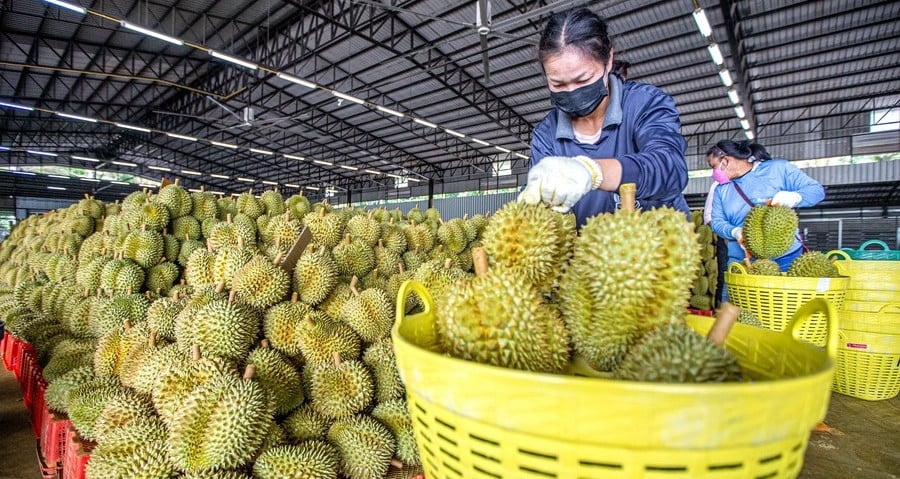

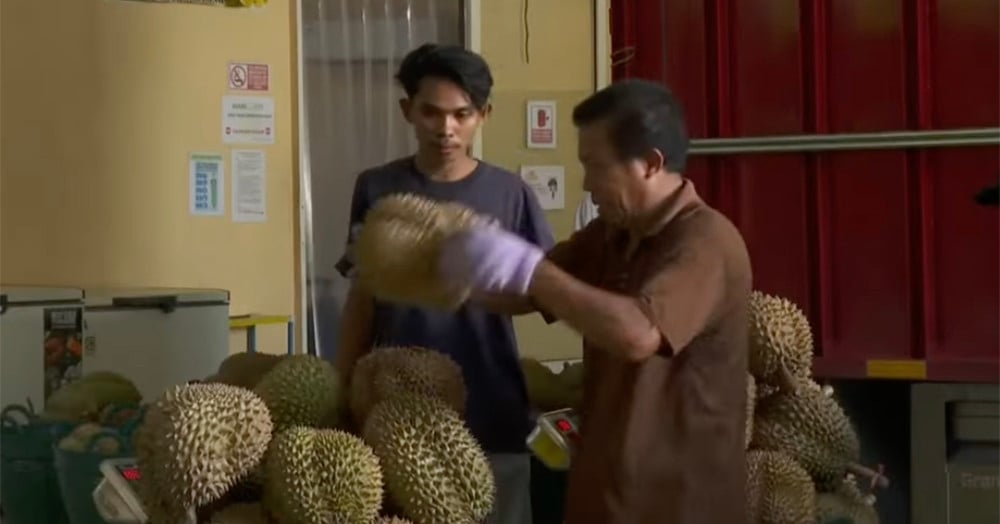
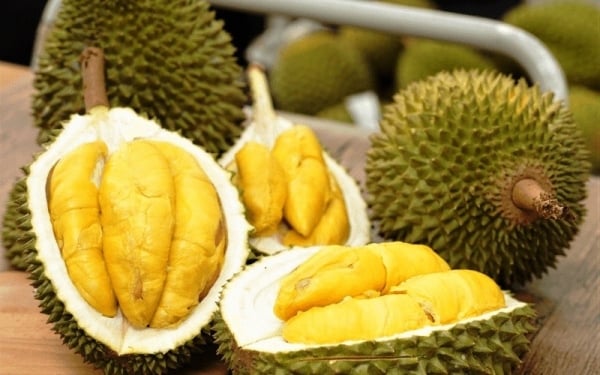

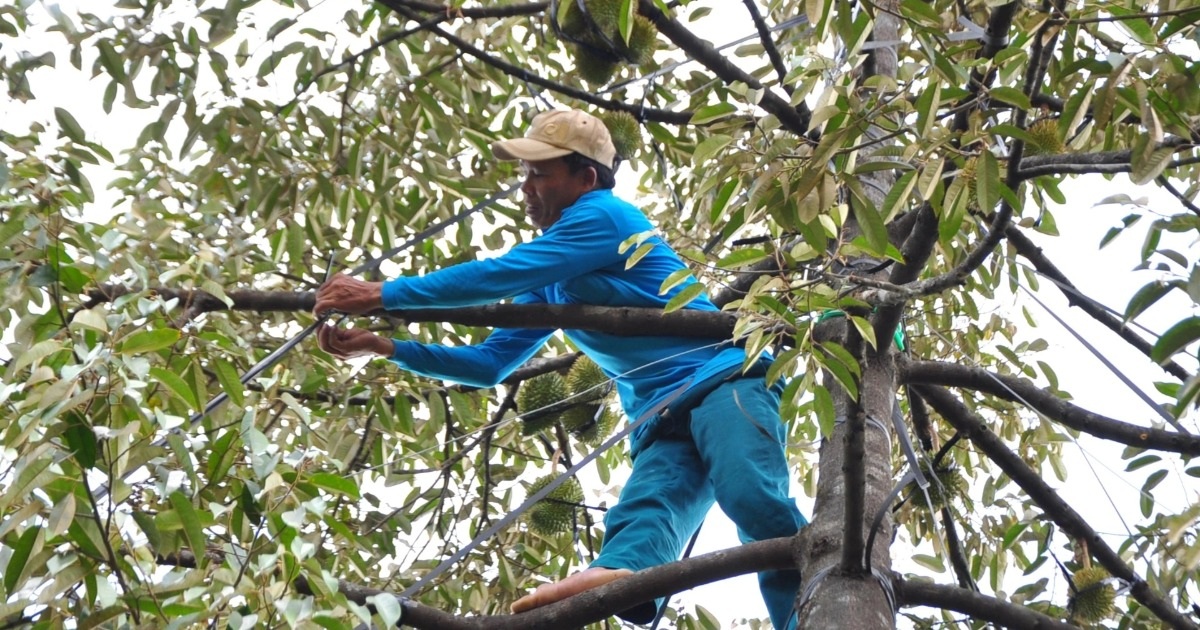

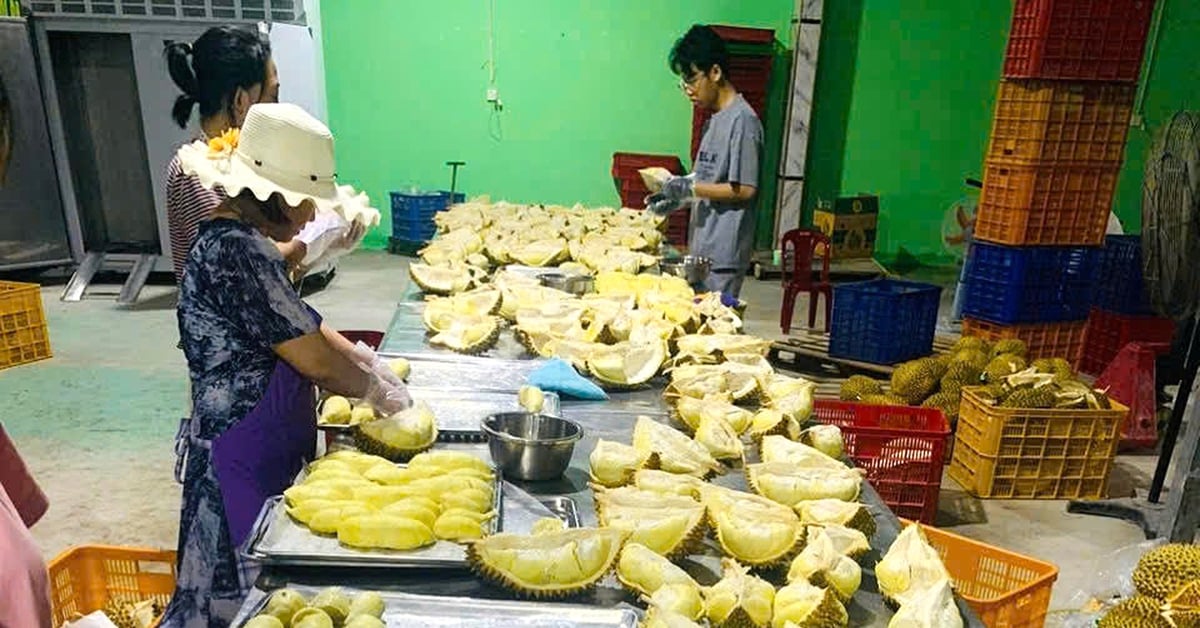

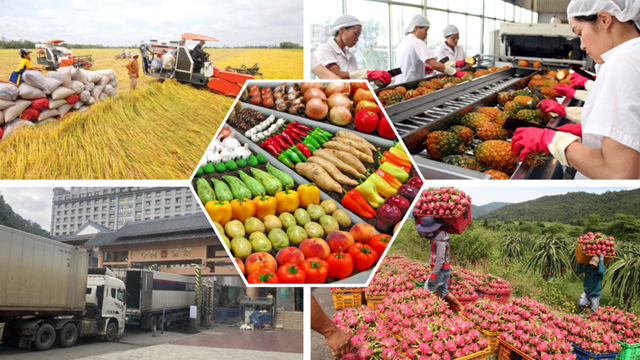

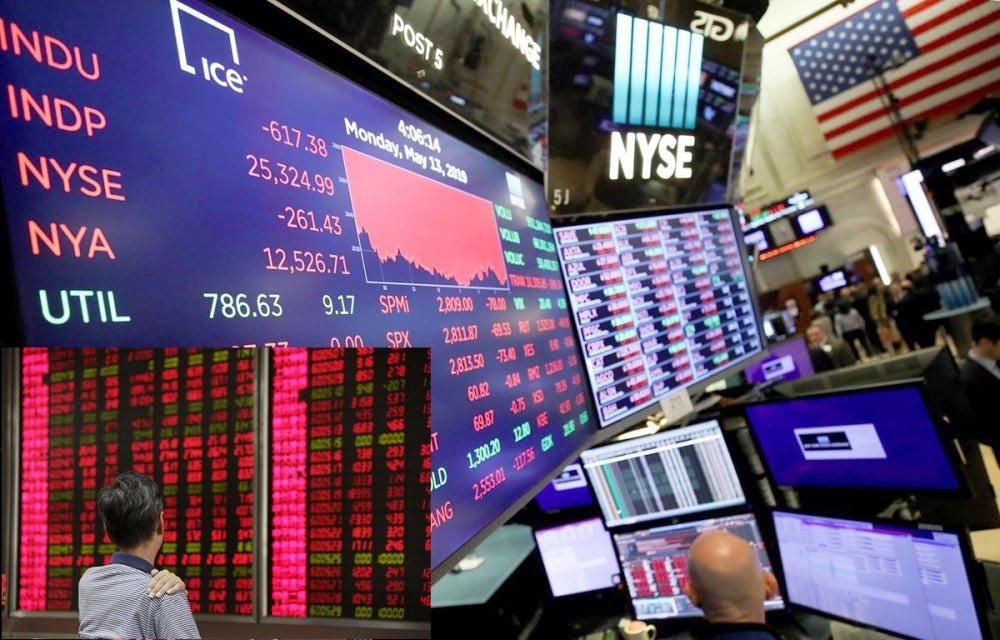
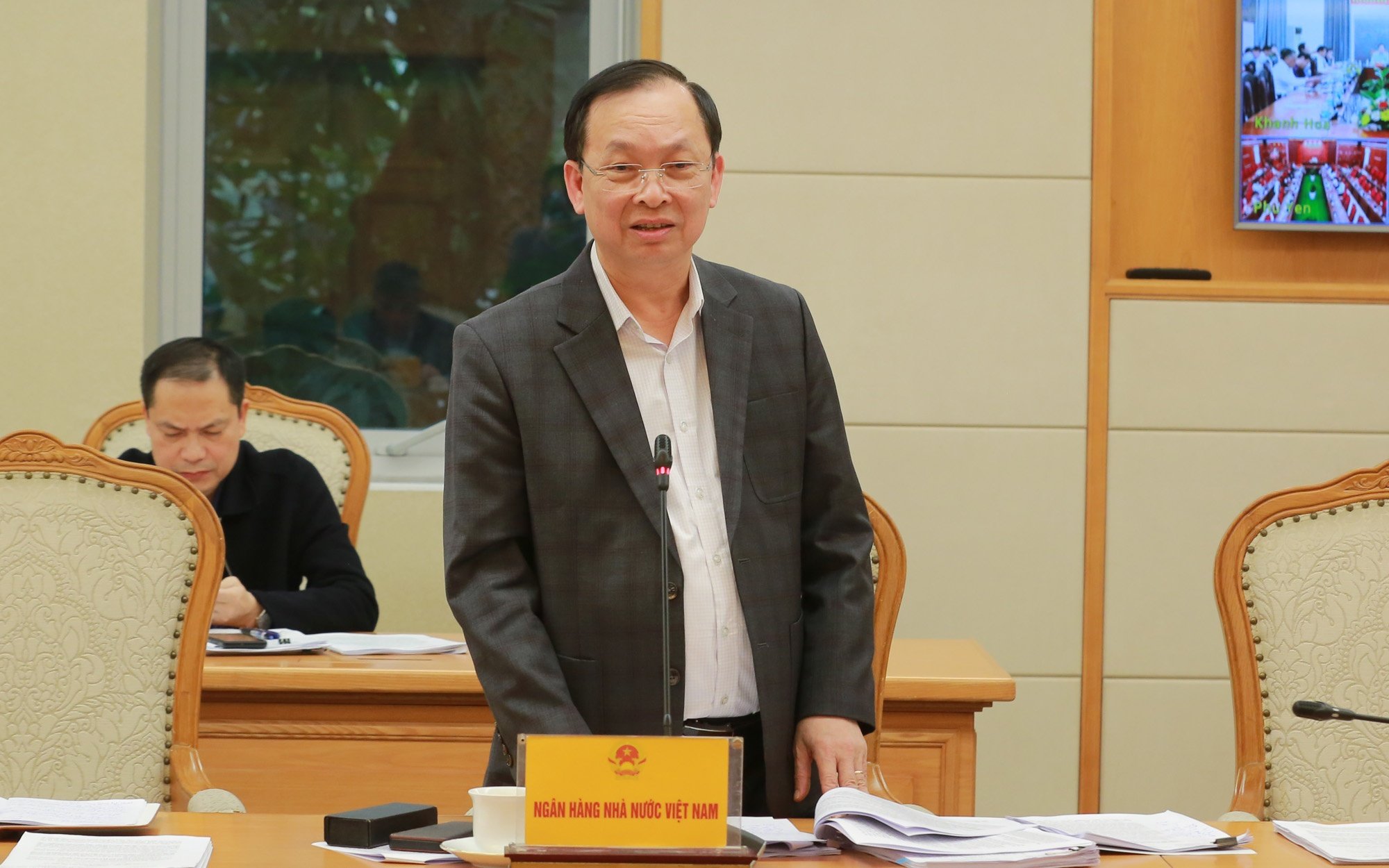
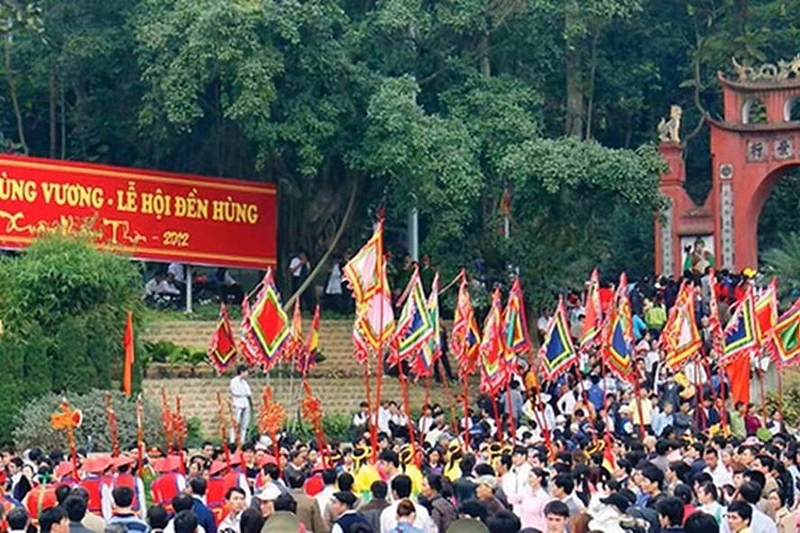






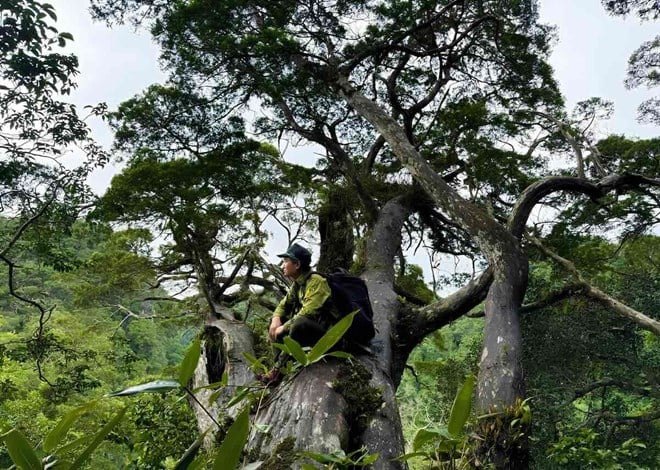


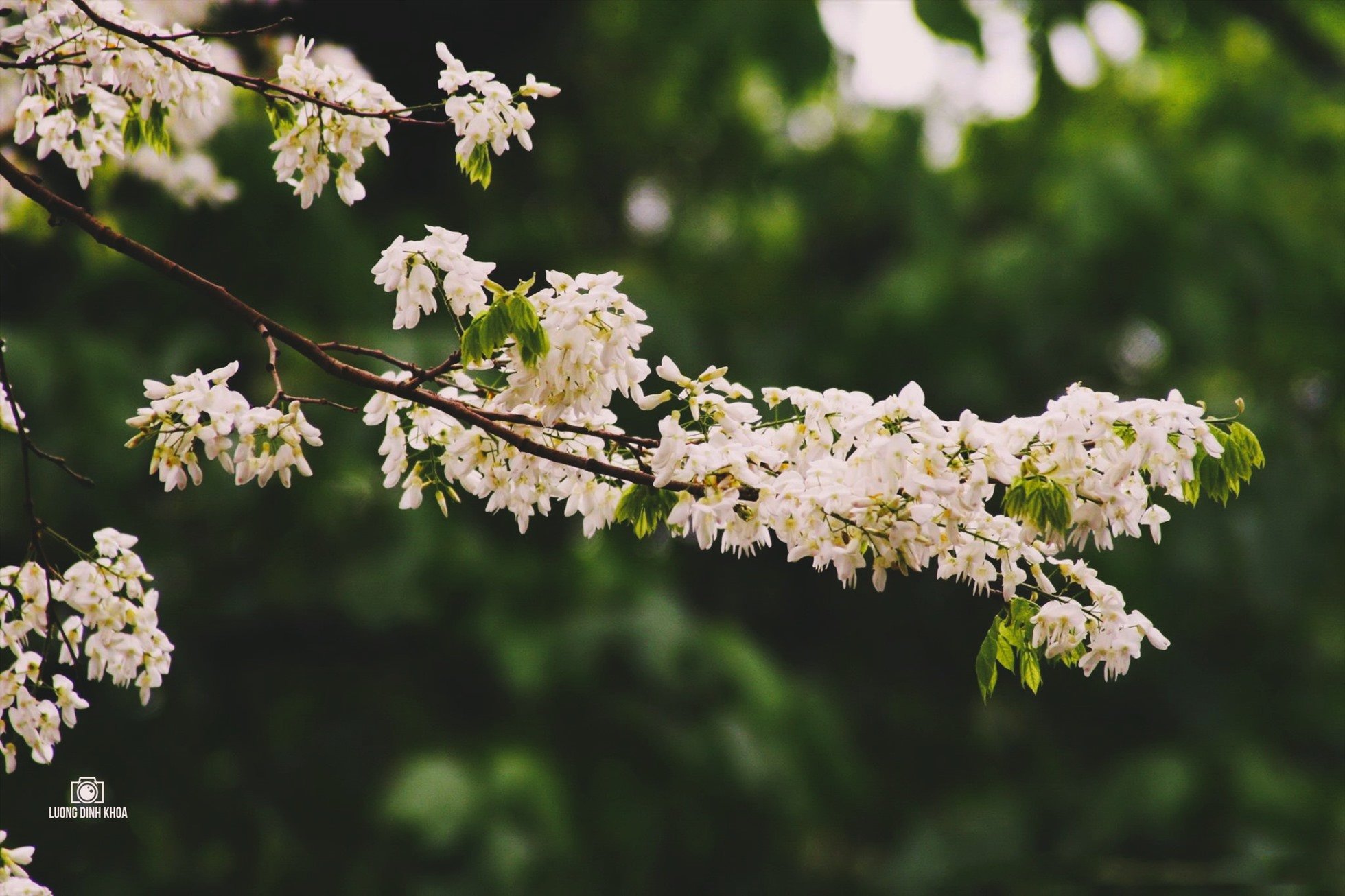

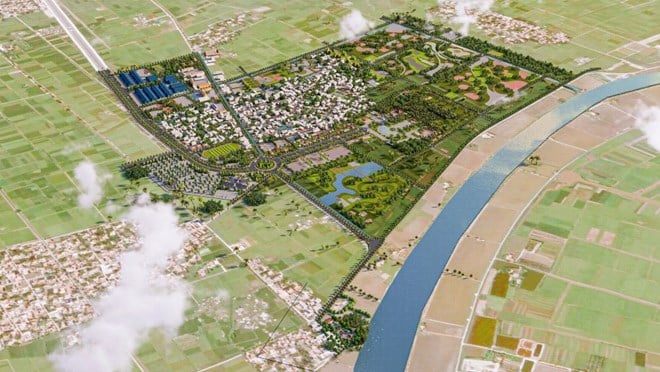










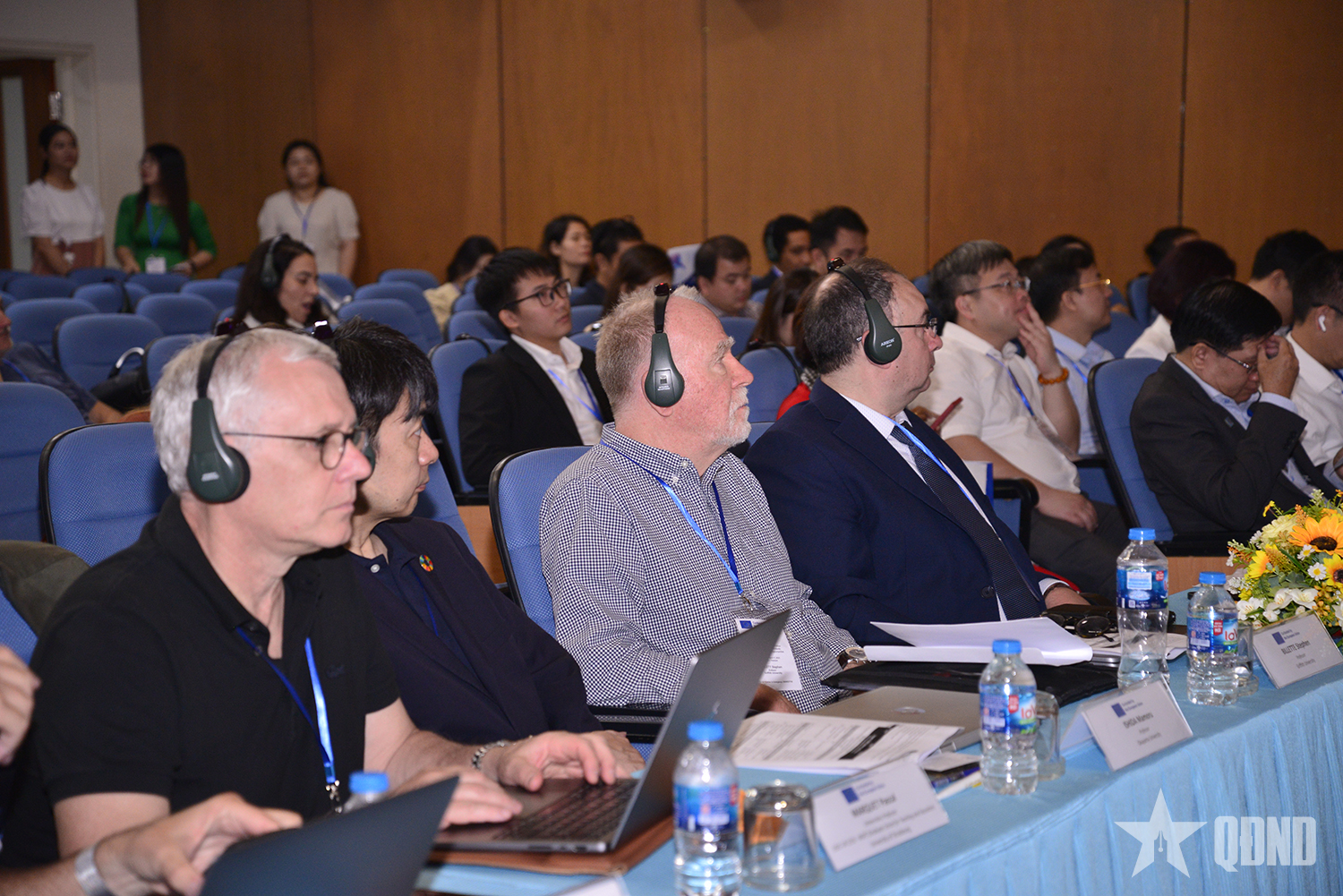



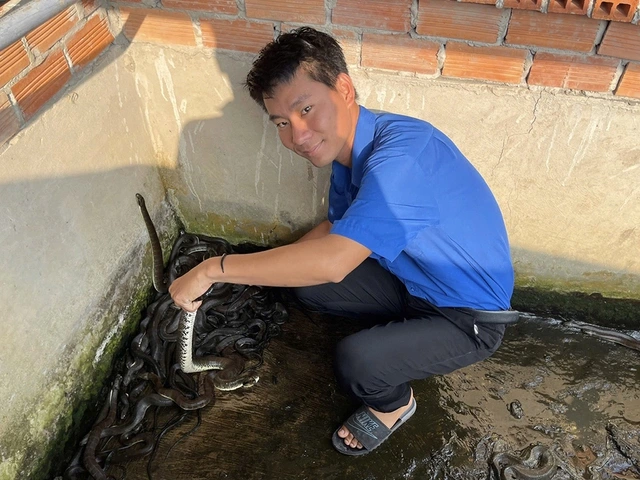

















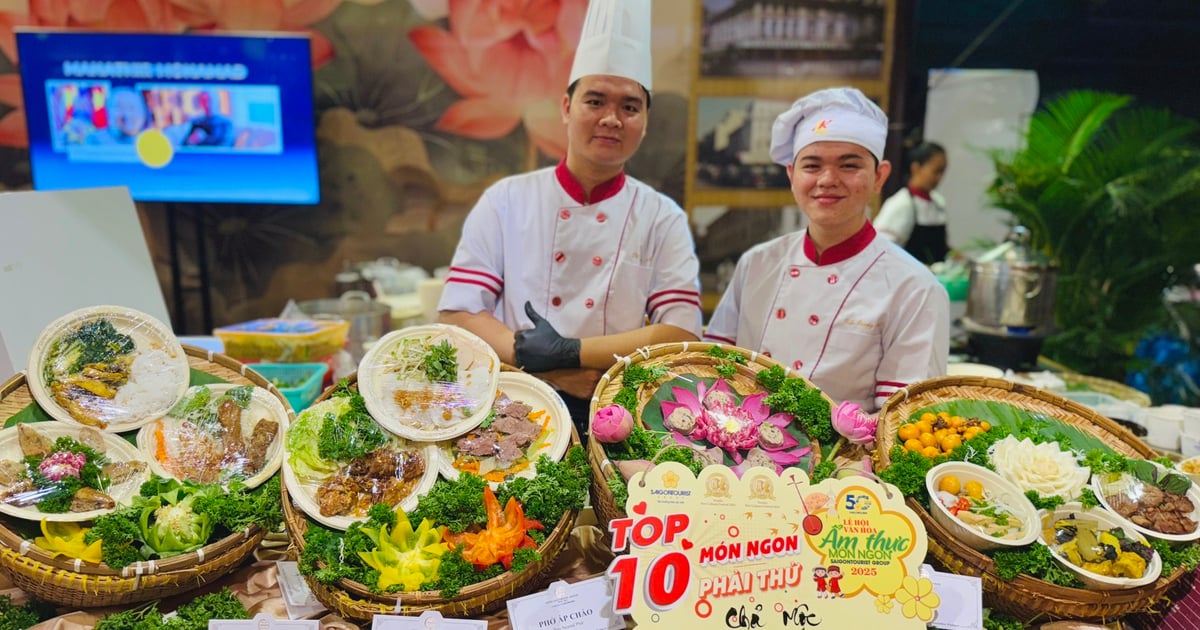







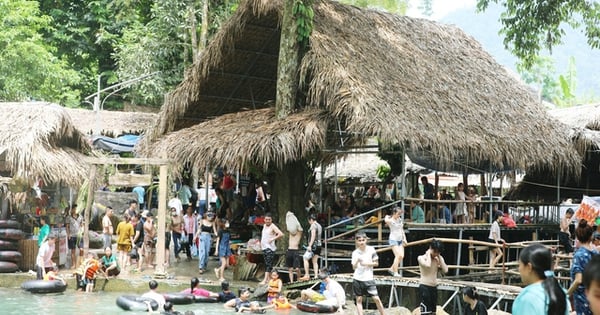
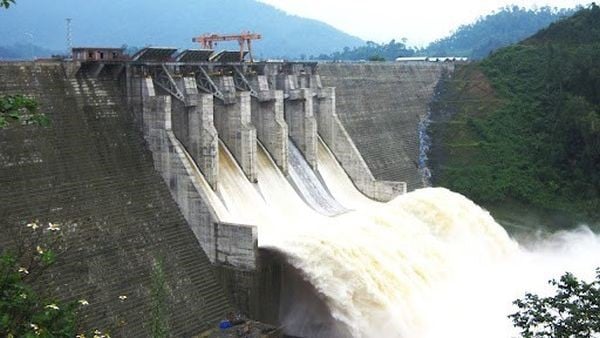

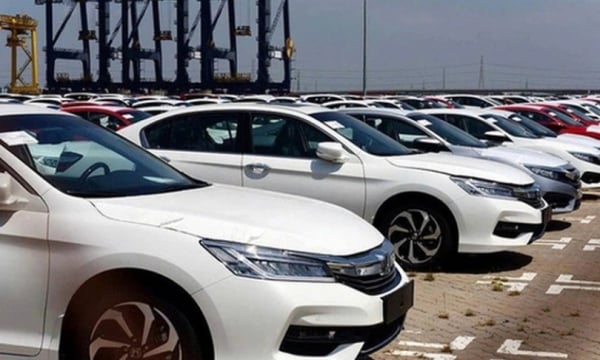






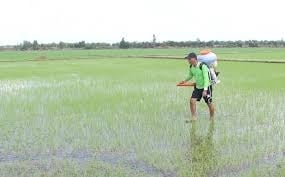











![[REVIEW OCOP] An Lanh Huong Vet Yen Cat](https://vstatic.vietnam.vn/vietnam/resource/IMAGE/2025/3/27/c25032328e9a47be9991d5be7c0cad8c)

Comment (0)